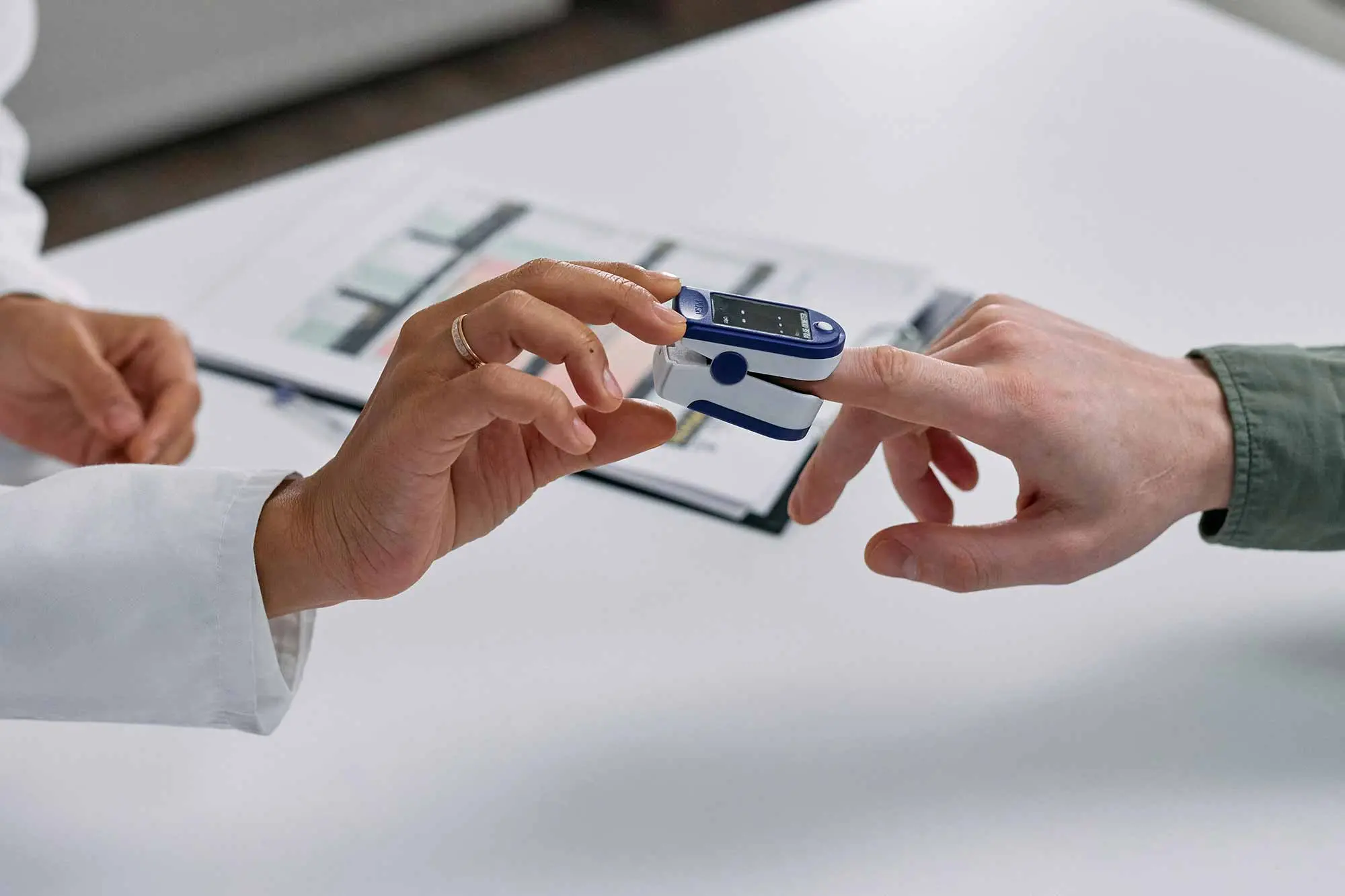Regular checkups and preventive care are crucial in maintaining long-term health. These proactive measures help detect potential health issues early, before they become serious. By visiting your healthcare provider regularly, you can improve your chances of catching diseases in their early stages, making treatment more effective and less costly.
Early Detection of Health Issues
One of the most important benefits of regular checkups is the early detection of health conditions such as diabetes, high blood pressure, or cancer. Detecting these issues before they become severe can significantly improve the chances of successful treatment. Regular screenings and tests provide an opportunity for early intervention and better outcomes.
Preventing Chronic Diseases
Preventive care includes lifestyle changes such as diet, exercise, and regular screenings that help prevent chronic diseases. Many conditions, such as heart disease, diabetes, and obesity, can be prevented or managed through early detection and lifestyle changes. Preventive care empowers individuals to take control of their health and reduce risks.
Vaccinations and Immunizations
Vaccinations are a critical aspect of preventive care, helping to protect against potentially life-threatening diseases. By staying up-to-date with vaccinations, individuals can avoid illnesses such as the flu, pneumonia, or hepatitis. Preventive immunizations safeguard both individuals and the larger community, reducing the spread of contagious diseases.
Creating a Personalized Health Plan
Regular checkups allow healthcare providers to create a personalized health plan based on your unique medical history, lifestyle, and risk factors. These tailored plans help individuals maintain healthy habits and set specific goals to manage their health. A personalized approach ensures better overall care and supports long-term wellness.
Building a Strong Doctor-Patient Relationship
Consistent visits to a healthcare provider help build a strong doctor-patient relationship. This trust ensures open communication, where patients feel comfortable sharing concerns and seeking advice. A well-established relationship with a healthcare provider leads to more effective preventive care, ensuring that any health concerns are addressed promptly and thoroughly.
Cost-Effectiveness of Preventive Care
Preventive care can save both time and money in the long run. By addressing potential health issues early, individuals can avoid more expensive treatments down the road. Preventive care reduces the likelihood of emergency room visits and hospitalizations, ultimately leading to lower healthcare costs and better overall financial well-being.
Conclusion
Regular checkups and preventive care are essential components of a healthy lifestyle. They help detect and manage health conditions before they become serious, preventing chronic diseases, ensuring mental well-being, and lowering healthcare costs. By prioritizing preventive care, individuals can live healthier, longer lives while avoiding unnecessary health complications.
